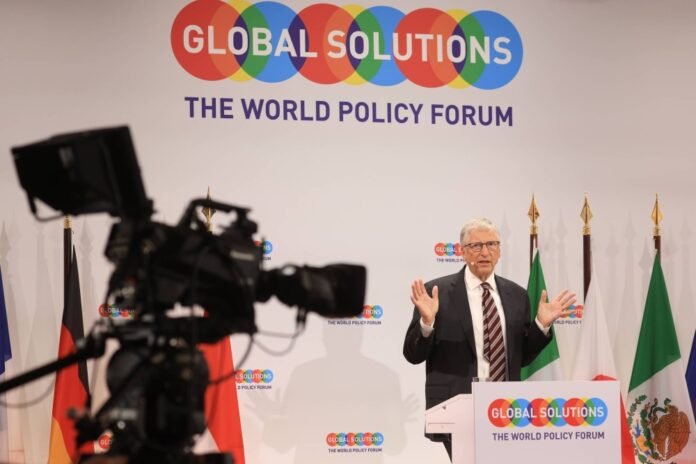The biggest election year in history comes at a time when rising prosperity and income inequality are fueling polarisation and undermining social cohesion in many countries.
Average income levels and overall economic performance seem to make little difference, as the growing gap between the haves and have-nots becomes a virtually universal phenomenon, increasingly translating into widely divergent views of what constitutes economic and social progress. This makes governance difficult at best.
When formal governance mechanisms are compromised by seemingly intractable political polarization, how can we address key challenges such as improving equality of opportunity, building sustainable economies, and delivering vital public goods? One answer is philanthropy.



